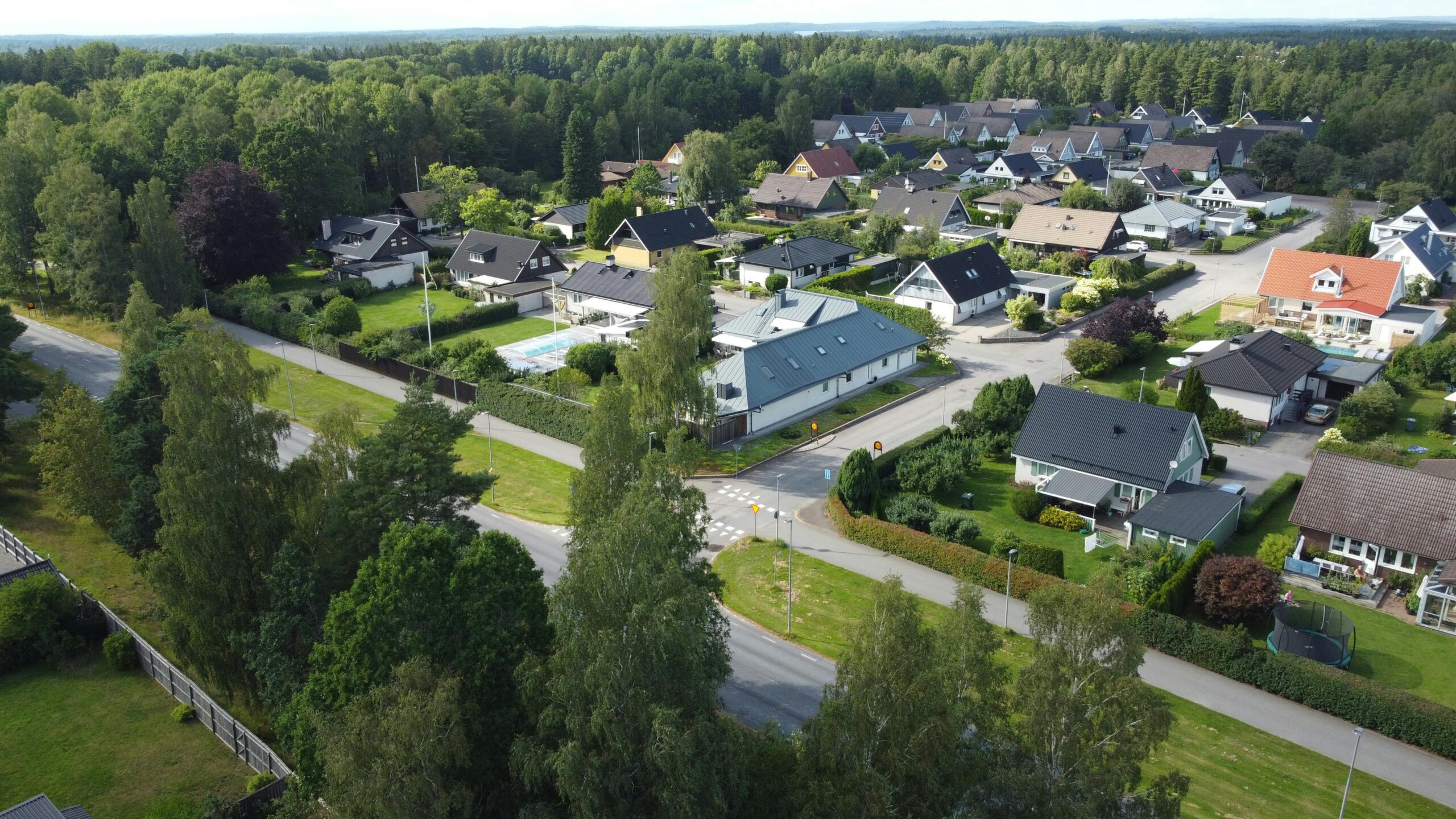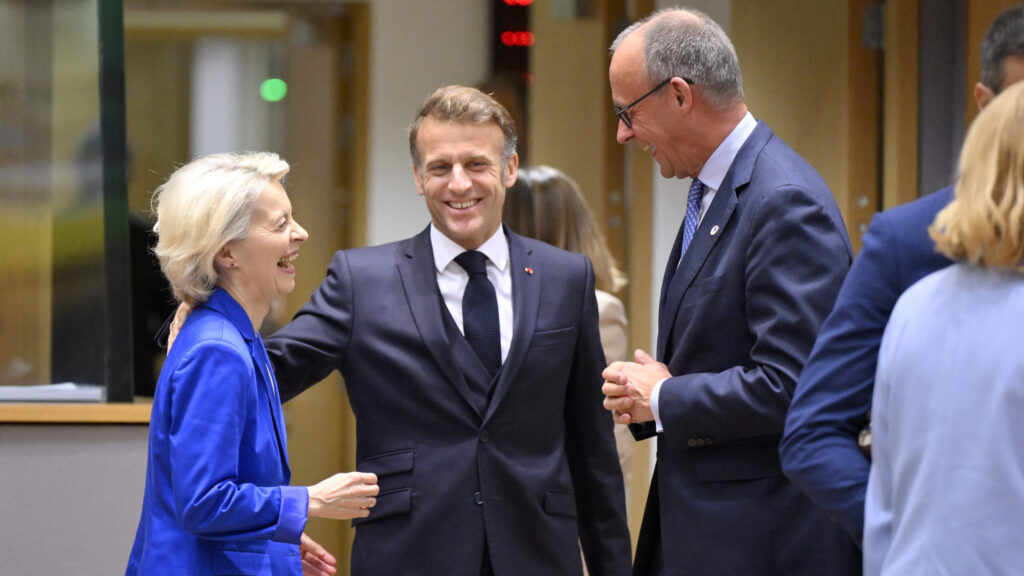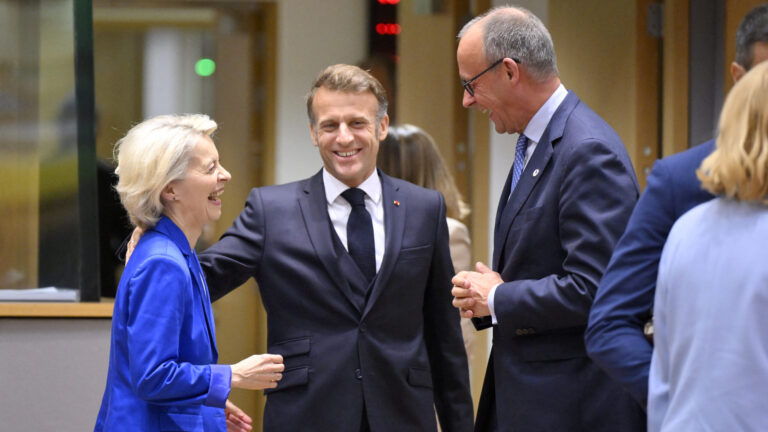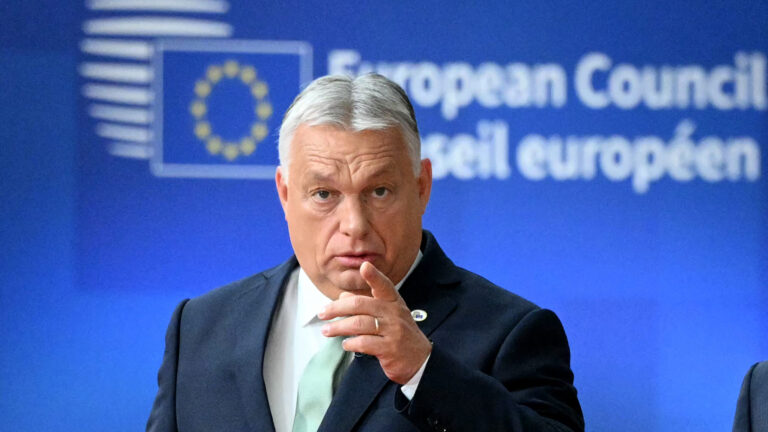The following is a translation of an article written by Viktória Lilla Pató, a research fellow at the Europe Strategy Institute of the University of Public Service, originally published on the Five Minutes Europe blog of Ludovika.hu.
The Otthon Start Programme and EU Cohesion Policy
In Hungary, the Otthon Start subsidy has given a new direction to thinking about housing, making it possible for many young people to purchase their own property. This is one of the policy decisions that can be made in response to the housing crisis. In this article, Ludovika examines the European Union’s position on this issue and whether we can even talk about an EU housing policy.
Housing is traditionally a matter for the Member States. The EU only plays a complementary, supporting role through funding, recommendations, and technical coordination. At the same time, the second Von der Leyen Commission is treating the housing crisis as a high political priority. One sign of this is the creation of the energy and housing portfolio, headed by Danish Commissioner Dan Jørgensen. The choice of this person cannot be a coincidence, as Denmark performs exceptionally well in housing indicators—house prices rose by only 37 per cent between 2015 and 2023, and young people leave their parents’ homes on average before the age of 22.
‘In EU countries, housing prices rose by an average of 48 per cent between 2015 and 2023’
Housing data shows a strong north–south divide. While house price growth was moderate in Northern Europe, prices doubled in many places in Southern and Eastern Europe. Similar differences can be observed in the age at which young people move out of their parents’ homes: in the north, this often occurs during their university years, while in the south, it is more common after the age of 30.
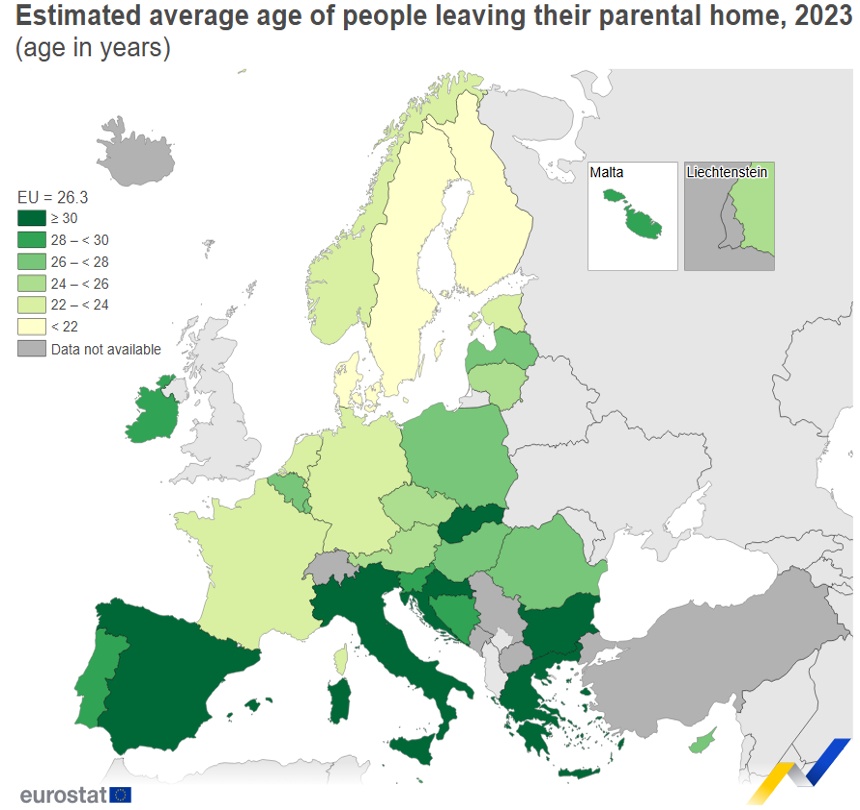
Alarming EU Trends
According to Eurostat data, in 2023, 7 per cent of rural households and 10.6 per cent of urban households spent more than 40 per cent of their income on housing. In EU countries, housing prices rose by an average of 48 per cent between 2015 and 2023, mainly as a result of higher construction costs, increased interest rates, shrinking supply, and speculative real estate purchases. In Hungary, this increase was 173 per cent—the highest in the EU—while in Finland it was only 5 per cent, the lowest figure. Property rentals have not been left out of this trend either, with an 18 per cent increase between 2010 and 2022.
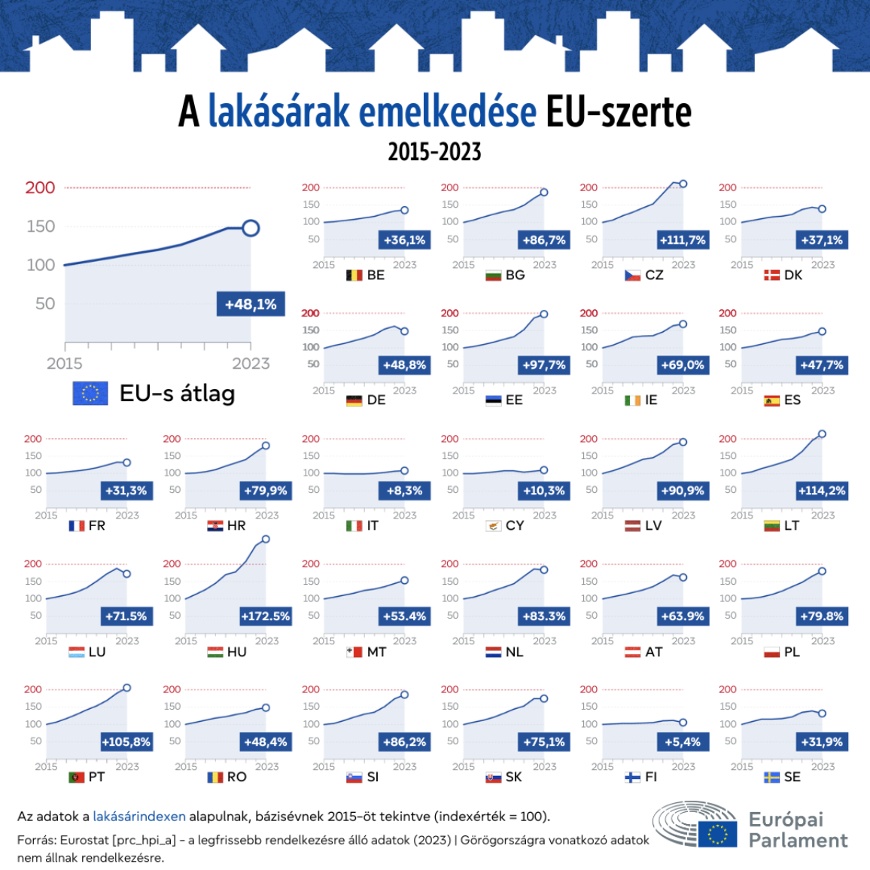
The EU’s Policy Response
President von der Leyen delivered her annual speech to the European Parliament on 10 September 2025. According to the Commission’s annual performance report published on 5 September, addressing the housing crisis is listed as a key European citizen need in the introduction, alongside inflation, living costs, and energy prices.
The European Commission has set up a Housing Task Force to develop a European affordable housing plan. This focuses on addressing structural problems and stimulating public and private investment. Several data illustrate the situation:
• Since 2015, the number of permits issued for new residential buildings has fallen by more than 20 per cent;
• Rents in large cities rose by up to 48 per cent between 2014 and 2023;
• Residential construction investment in real terms fell by 6 per cent between 2022 and 2024;
• 17 per cent of the EU population lives in overcrowded housing;
• Homelessness affects all Member States and is on the rise.
Cohesion Policy and Housing
Cohesion policy remains one of the EU’s most powerful tools. Following the Commission’s mid-term review in 2025, Member States will be able to reprogramme their funds and redirect them to new priorities such as European competitiveness, defence, affordable housing, water adaptation, or energy transition. The report specifically highlights that targeted investment support to mitigate the housing crisis must be ensured by amending the rules of the European Regional Development Fund (ERDF), the Cohesion Fund, and the Just Transition Fund. Raffaele Fitto, Vice-President for Cohesion and Reforms, confirmed in February that the EU has so far allocated €7.5 billion from cohesion funds to housing, which rises to €10.5 billion with national co-financing. These funds are mainly used for energy efficiency improvements and social housing projects.
In addition, in 2024 the European Parliament set up a Special Committee on the Housing Crisis in the European Union, which worked for a year on specific proposals on how the EU should address housing-related issues.
REGI Committee Report
As a further parliamentary intervention, the report submitted by the Committee on Regional Development (REGI) and currently under vote, entitled The Role of Cohesion Policy Investment in Resolving the Housing Crisis (A-10-2025-0139), sets out several key points. First and foremost, it emphasizes that the right to housing is a fundamental human right, the guarantee of which must be the starting point for all policymaking. Data from recent years show alarming trends: between 2015 and 2023, housing prices in EU countries rose by an average of 48 per cent, while in 2023 10.6 per cent of urban households and 7 per cent of rural households spent more than 40 per cent of their income on housing. According to the report, the rules of cohesion policy—in particular the ERDF, the Cohesion Fund and the Just Transition Fund—need to be amended to allow targeted investments to help mitigate the housing crisis. It also highlights the need to build conditions into the post-2027 budget that ensure that subsidized housing remains part of the community housing stock in the long term. Another important goal is to curb speculation and protect tenants, especially in tight markets. Finally, the Commission should develop guidelines to ensure that all EU policies contribute to strengthening social, economic, and territorial cohesion.
During the mid-term review of EU cohesion policy under the Danish Presidency, negotiators from the Council and the European Parliament reached a preliminary political agreement in July 2025 on allowing greater flexibility in the use of funds to address current and new challenges. The changes aim to better align the rules governing the cohesion funds—the ERDF, the Cohesion Fund, the Just Transition Fund, and the European Social Fund Plus (ESF+)—with the changed economic, social, and geopolitical environment.
‘The housing crisis is no longer just a matter for the Member States, but also a social challenge at the EU level’
In line with the Commission’s proposals, the review also brought new priorities into the focus of cohesion policy: defence and security, strengthening competitiveness, decarbonization and energy transition, accessible and social housing, safe access to water and sustainable water management, and support for regions along the eastern border.
Under the agreement, Member States will be given greater flexibility and financial incentives to mobilize their resources more quickly for these new priorities. Programmes that allocate at least 15 per cent of their resources to these areas will receive additional pre-financing and an extension of the eligibility period.
In the future, cohesion policy will therefore not only support traditional territorial convergence, but also specifically address the housing crisis, the green transition, and security policy adaptation.
This shows that, although it falls within the competence of the Member States, the housing crisis is no longer just a matter for the Member States, but also a social challenge at the EU level. Although its powers are limited, the Commission and Parliament are increasingly incorporating housing into cohesion policy and future MFF planning and are seeking new policy instruments. The goal is to ensure affordable, sustainable, and secure housing.
Related articles:
Click here to read the original article.

